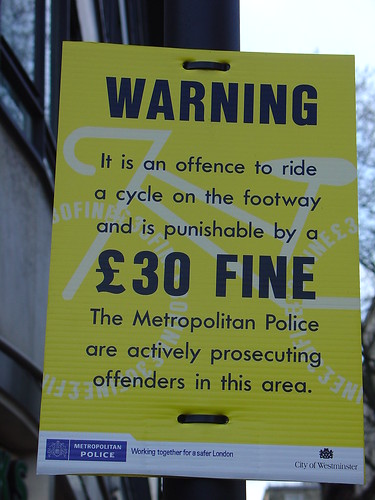Animal language
Les actualités concernant ces singes qui utiliseraient des «phrases» — resutats de recherche de crédibilité douteuse, il faut le dire, me rappellent le devoir de toute blogueuse qui se respecte : publier ses googleries, de temps en temps.
The latest batch of news from the “talking animals” department, and the exasperation it is met with by the linguabloggers reminds me that I neglected to post a particularly expressive keyphrase for a search engine hit that brought someone to my site back in January 2006:
talking seals|rats|dogs|unicorns|horses|animals language log
At the time, I thought this was better than Mark Liberman dopebook or occitan autocollant [autocollant means “sticker”] or apostrophe europe or couilles epingles [épingles means “needles”, and you can look up couilles yourselves]; and more constructive than chirac en prison mp3 download or les angicismes - un problème? or horiflamme shape or chinese words such as serendipity.
(And then there’s the search term that asks the thorniest question of all, and that, unsurprisingly, keeps returning in various guises: nutella masculin ou feminin. Dear visitors: it’s supposed to be masculine, but why, I don’t know.)
(I swear on my copy of CGEL that all these search terms are authentic. And I particularly liked the unicorns.)
(Beautiful French neologism to note down: googleries.)
Related posts: Grammar am for people who can't think for myself!, Google Belge : problème d'orthographe, Do you want some Wood flower picks sea cucumber hoof with your Cowboy leg?, Sappho II, Clouds of words, Amuse-bouche to zaibatsu, Ethnologue
Technorati (tags): googleries, humour, language, langue, search engines




